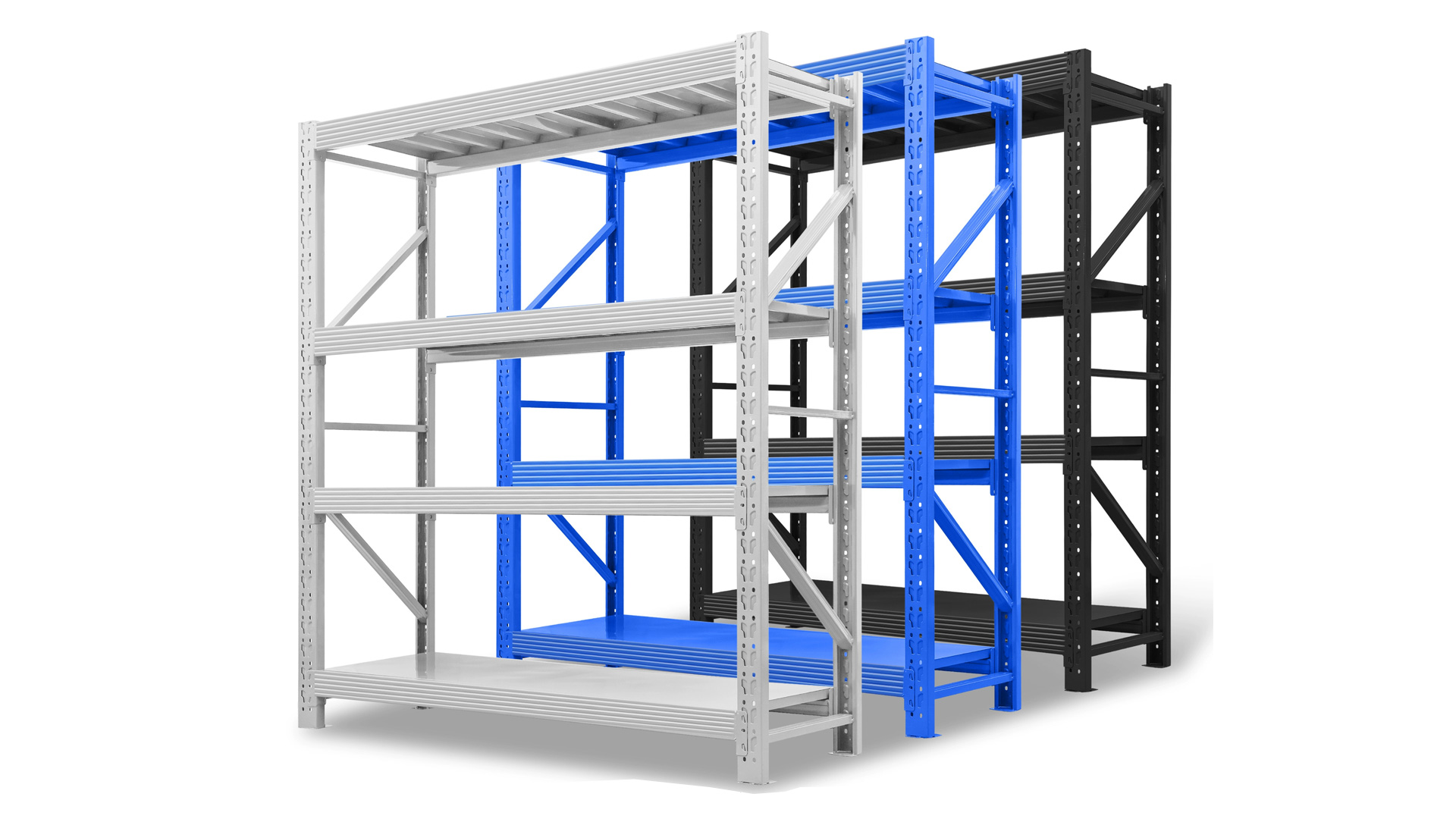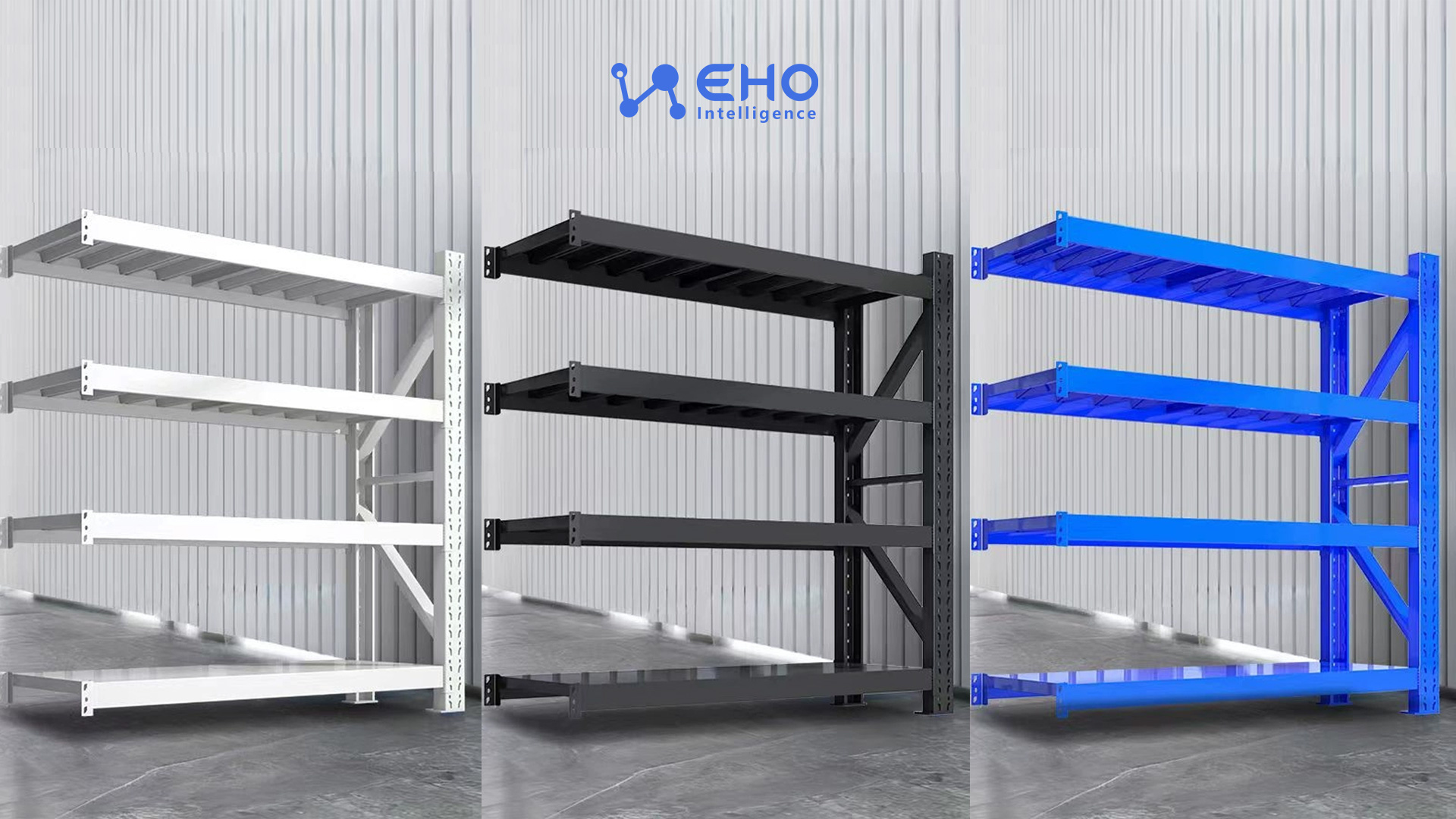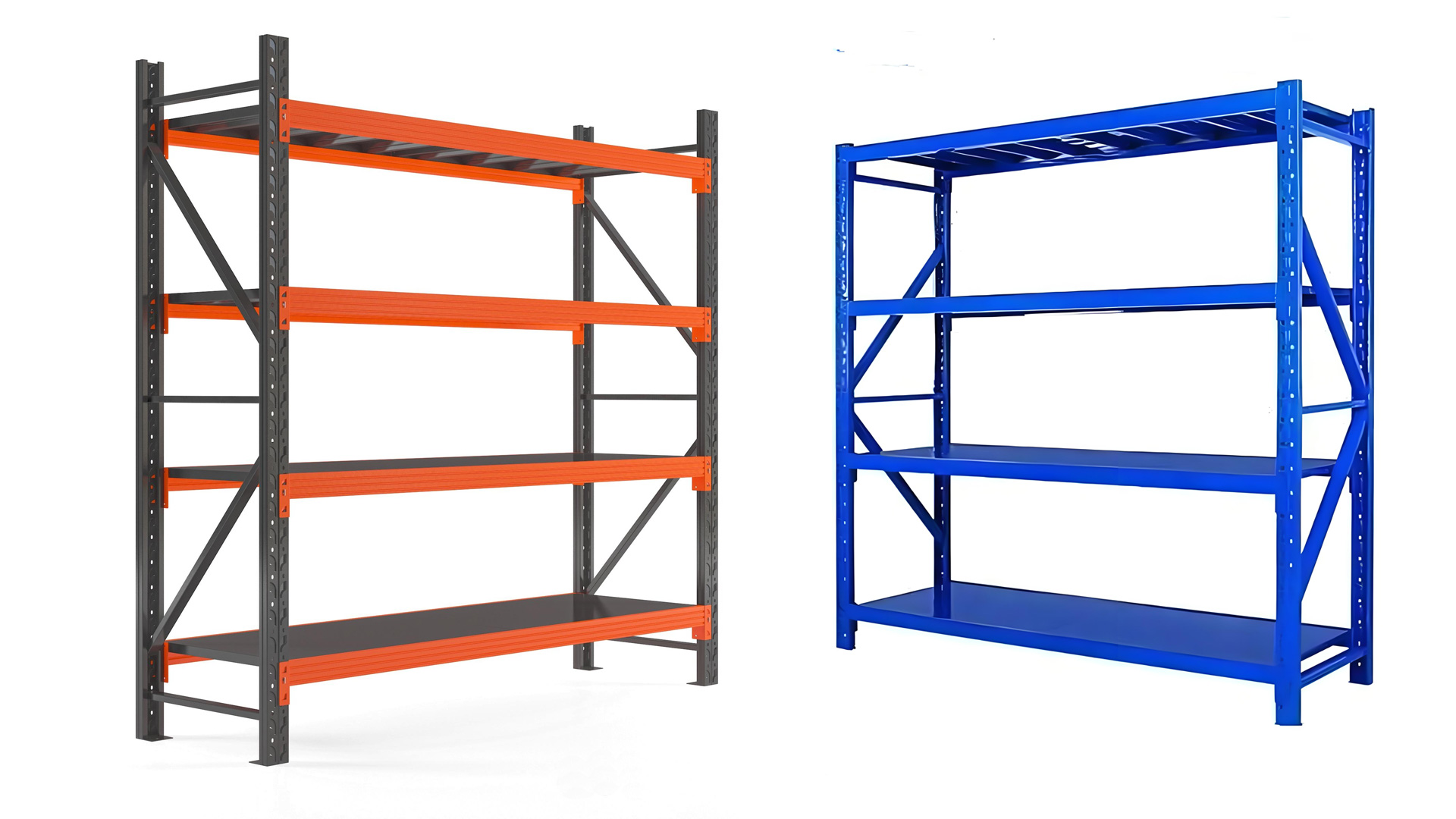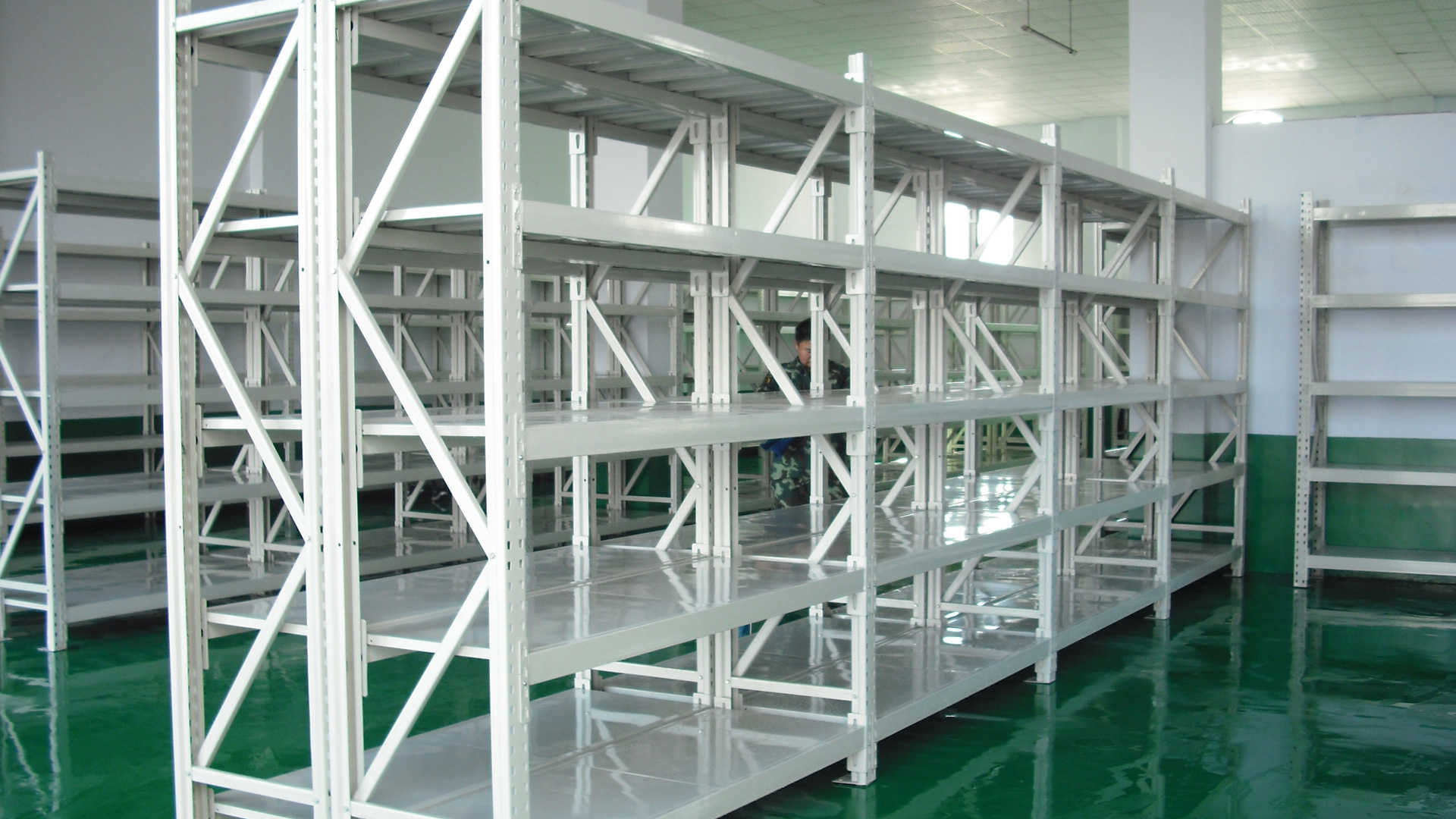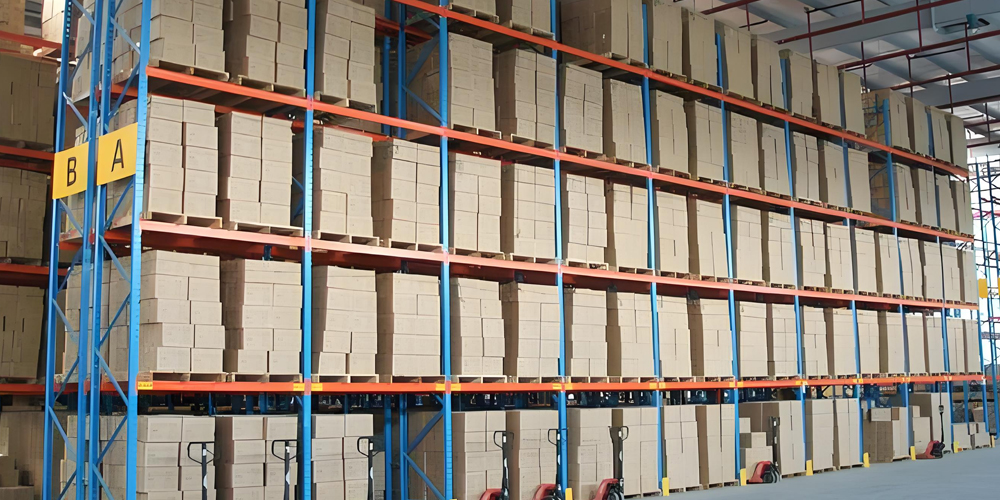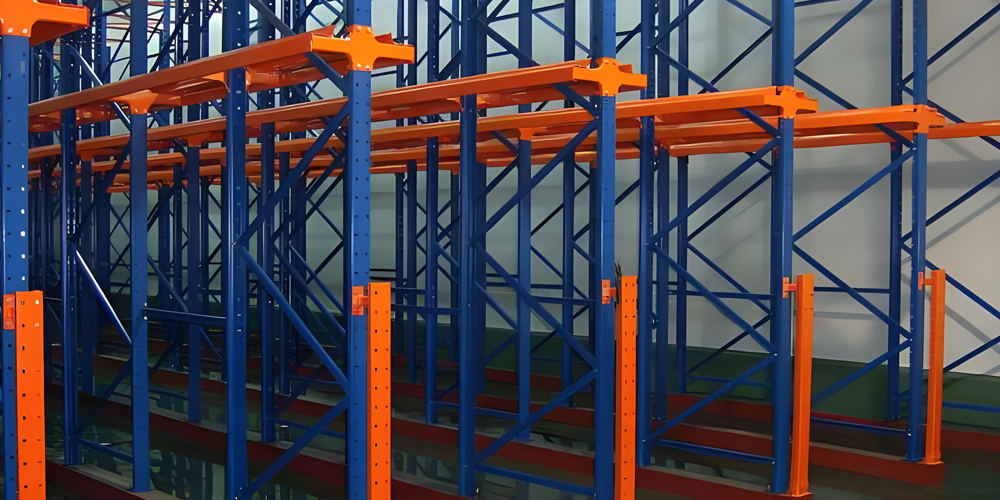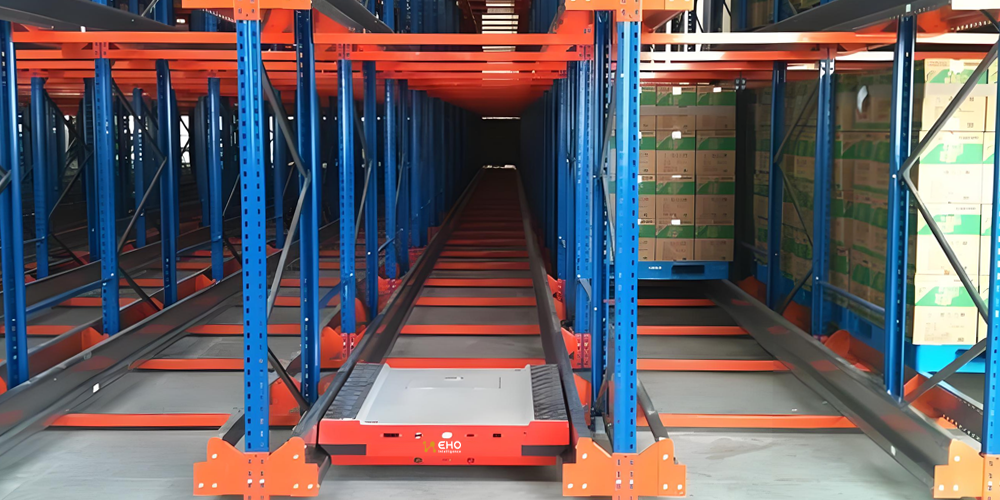Description
Medium-duty shelving is a type of storage shelving categorized based on its load-bearing capacity. It falls between light-duty and heavy-duty shelving in terms of this capacity, hence its name. Here is a detailed introduction to medium-duty shelving:
Structure and Composition
- Medium-duty shelving is typically composed of upright posts, beams, shelves, and decking.
- Its structure is modular, requiring no on-site welding or bolted connections.
- The upright posts feature adjustment holes every 60mm, allowing for flexible adjustment of shelf heights according to the size of stored items.
Load-Bearing Capacity
- Medium-duty shelving is designed to support loads ranging from 150kg to 500kg per layer, with some models capable of handling even heavier loads up to 1000kg.
- The load-bearing capacity is determined by the materials used, the design of the shelving, and the specific configuration.
Material Options
- Steel is the most common material for medium-duty shelving, offering high load-bearing capacity and durability.
- Aluminum, while more expensive, offers excellent load-bearing and durability characteristics.
- Wooden shelving, though traditional, is less common in medium-duty applications due to its lower load-bearing capacity.
- Steel-wood composite shelving combines the load-bearing capacity of steel with the ease of installation of wood.
Applications
- Medium-duty shelving is widely used in warehouses for storing a large quantity of moderately heavy items.
- It is also suitable for production line assembly areas, where it helps organize space and facilitates the retrieval and assembly of parts.
- In distribution centers, medium-duty shelving aids in the classification and sorting of goods, enhancing picking efficiency.
- Laboratories, particularly those requiring strict environmental control, such as chemical or biological labs, can also benefit from medium-duty shelving to provide appropriate storage space while ensuring the safety of stored items.
Customization and Flexibility
- Medium-duty shelving is often customizable, allowing for adjustments in size, layout, and load-bearing capacity to meet specific storage needs.
- Its modular design makes it easy to install, disassemble, and reconfigure as needed.
Safety and Maintenance
- When using medium-duty shelving, it is important to adhere to its load-bearing limits to prevent structural damage or safety accidents.
- Proper stacking of goods is crucial to maintain stability and uniformity, avoiding excessive localized forces that could damage the shelving structure.
- Safety warning signs should be posted to remind employees of safe operating procedures.
- Regular inspections and maintenance of the shelving are necessary to ensure its safe and stable operation.
In summary, medium-duty shelving is a versatile and robust storage solution suitable for a wide range of applications. Its modular design, customizable features, and high load-bearing capacity make it an ideal choice for many businesses and organizations seeking efficient and organized storage solutions.





